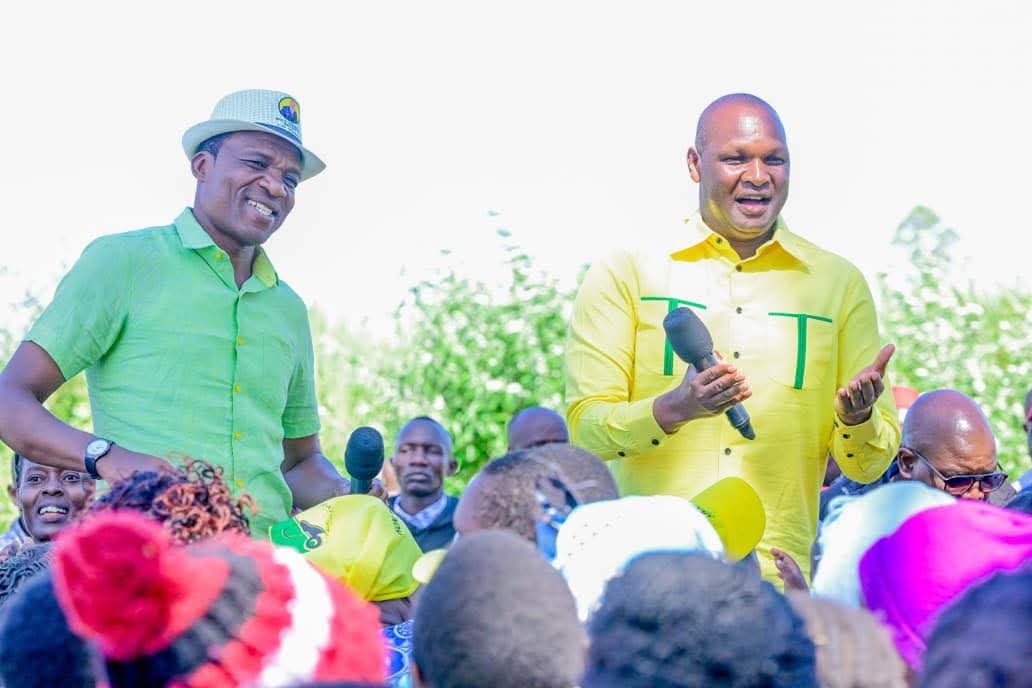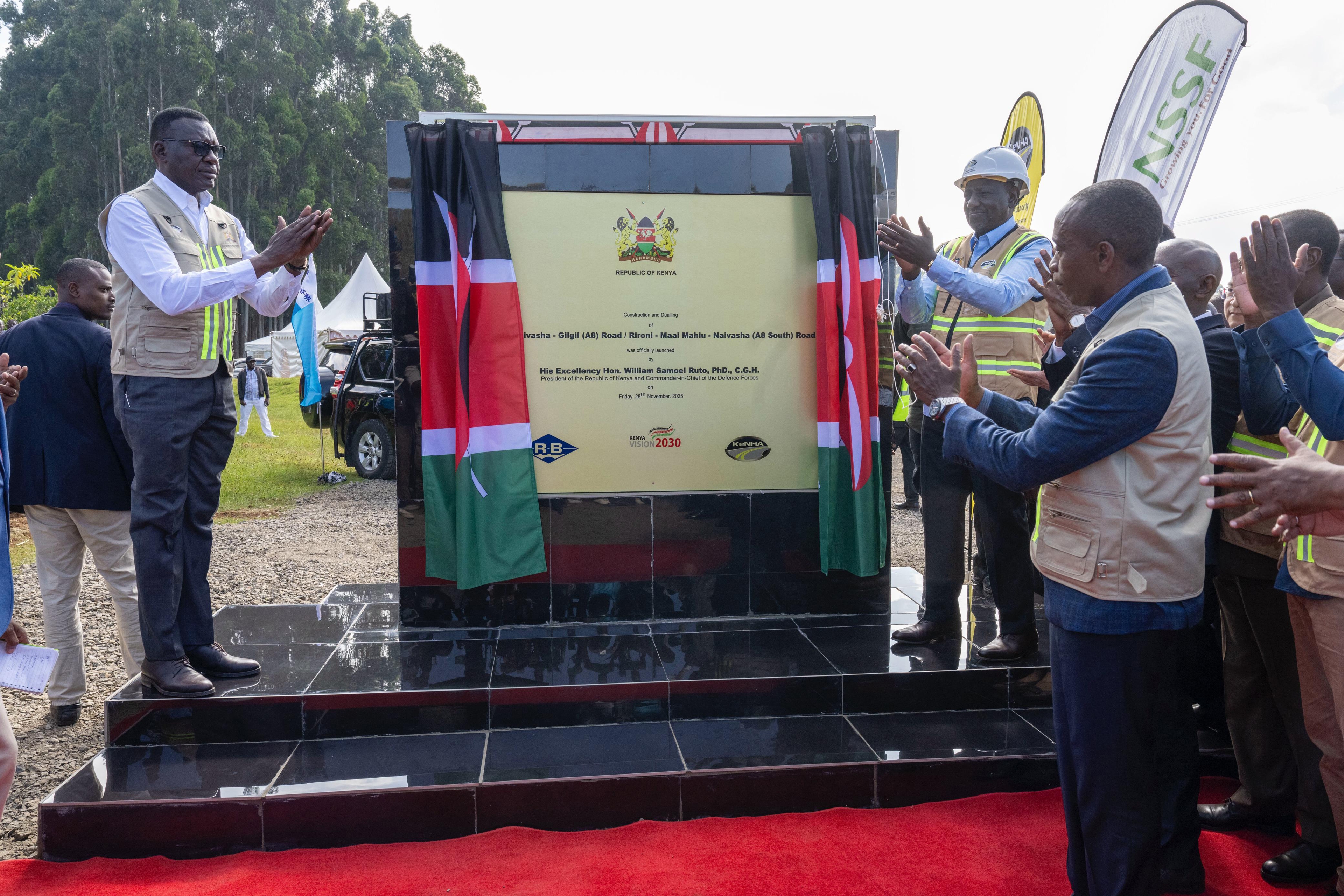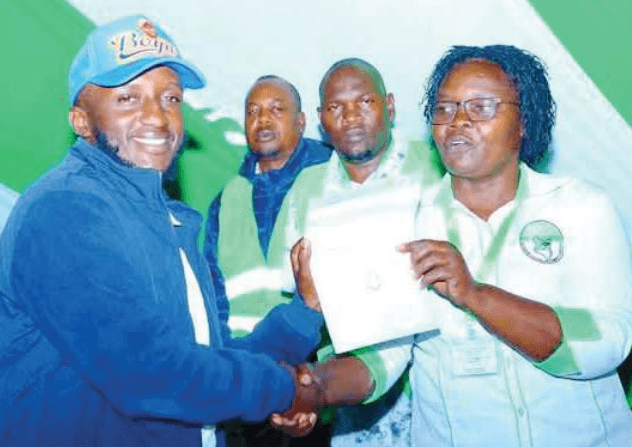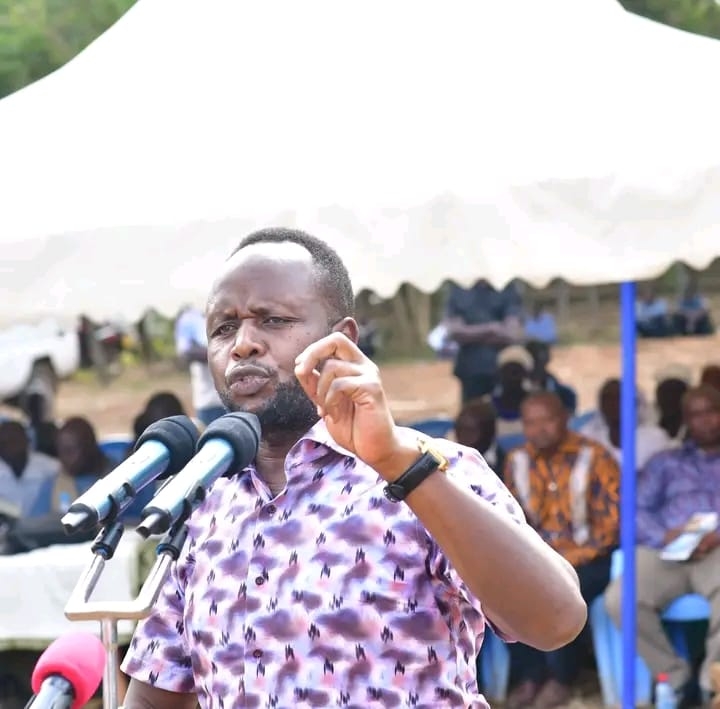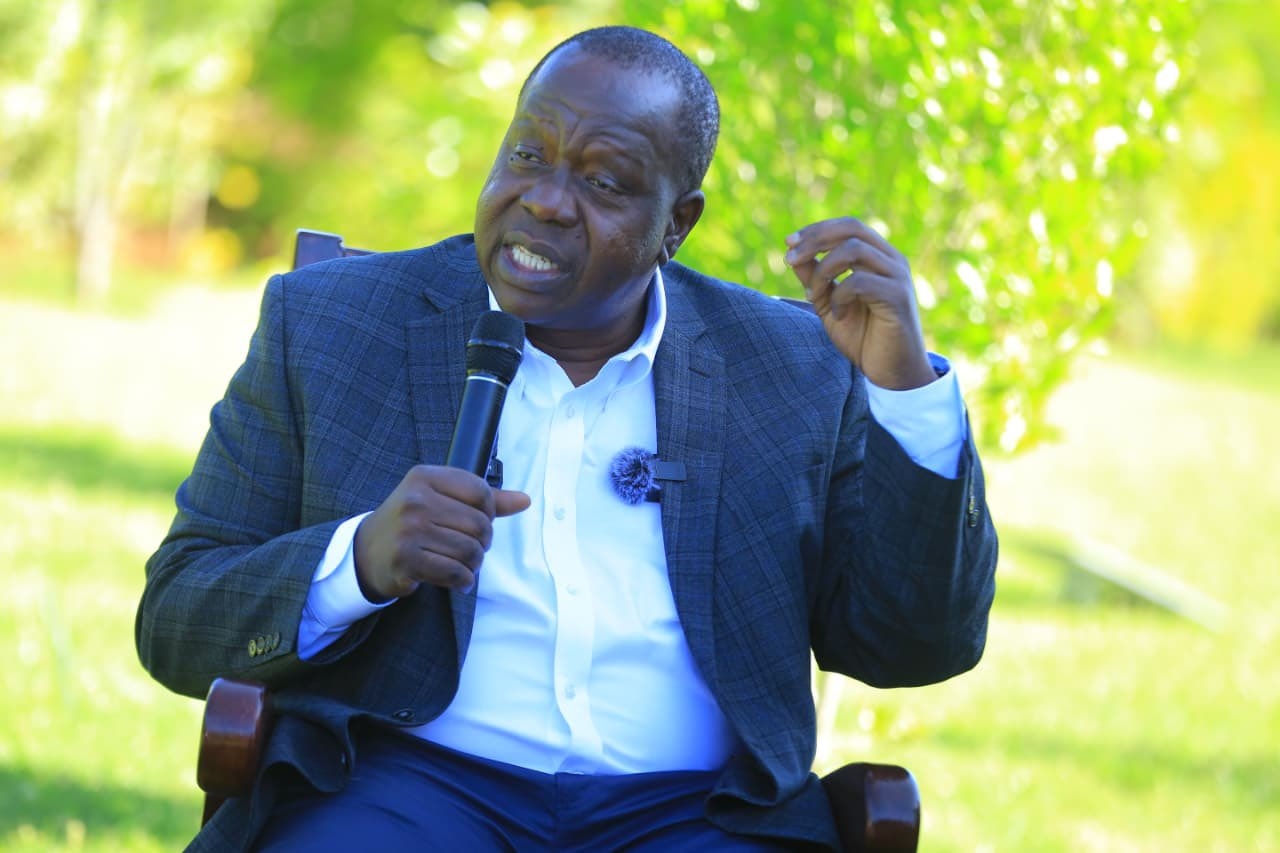President William Ruto’s administration has said political forces infiltrated the protests led by the youth agitating for reforms.
The Cabinet, in its meeting on Thursday, was informed that the protests, which started as an agitation against Finance Bill, 2024, were hijacked by ‘opportunistic politicians’.
“Though the riots started as a protest against the tax measures proposed in the Finance Bill 2024, they were infiltrated, hijacked and taken over by criminal and opportunistic political forces,” a brief from the meeting reads.
The meeting chaired by President Ruto at State House Nairobi, concluded that criminal and political groups were behind the terror Kenyans faced in the demos.
“The two groups have in the past two weeks reigned terror on the people of Kenya in the cities, towns and other urban areas,” the brief says.
“…occasioning loss of life, destruction of national and county governments’ buildings, infrastructure, vehicles, homes and businesses.”
The Cabinet brief comes hot on the heels of lamentations by Deputy President Rigathi Gachagua over attempts to link him to the violence.
He accused the National Intelligence Service of attempting to link him and other leaders, including former President Uhuru Kenyatta, to the chaos.
Gachagua called for the resignation of NIS director general [Noordin Haji] on charges of incompetence and rendering the spy agency dysfunctional.
He said the President was not given the true picture of the discontent among the citizenry and the chaos that loomed behind it.
The country’s security situation was discussed at length, with security agencies hailed for “protecting the country from anarchists”.
“The Cabinet was also informed that the security agencies have stabilised the situation and are continuing to monitor developments.”
President Ruto earlier estimated the loss at Sh2.4 billion.
“The Cabinet also noted that security agencies did a good job of protecting the country from anarchists,” the statement says.
Cabinet also discussed the deployment of the military saying it was to “forestall the threat posed to Parliament, the Supreme Court and other infrastructure,”
“The Cabinet was informed that all national security agencies, including the military, were deployed to forestall the break down of law and order,” the brief says.
Cabinet secretaries praised security officers for acting "professionally in very difficult circumstances.”
Rights groups decried use of excessive force in dealing with protesters, indicating that more than 39 people died in the mayhem.
On the concerns by the agitators, the government said officers found culpable of violating the law will be punished.
“Any officers who may have acted outside the confines of the law, will be dealt with in accordance with legal procedure and by the institutions mandated to do so,” the statement says.
The Cabinet called for action against those who committed crimes of arson, looting and robbery, among others, saying such atrocities must not go unpunished.
It is understood that the President hinted at major changes in his administration, and that the “government must now focus on charting a new future for the country.”
“Significant changes must be made to align with that new future,” the brief says, adding that the National Treasury will also reorganise the budget to accommodate the budget shortfalls from the withdrawn Finance Bill.
“This will include substantial cutting down of budgets to balance between what to be implemented and what can wait and ensuring that key national programmes are not affected.”
“Our plan is good and solid and, in the fullness of time, we shall be vindicated,” President Ruto is reported to have said.
Cabinet also discussed the implementation of the Kenya Urban Improvement Project in the Nairobi metropolitan, which will include the upgrade of the 163km Nairobi Commuter Rail.
The first phase of the upgrade will improve the 58km commuter rail between the Nairobi Central Railway Station and Thika.
Government will purchase new locomotives and improve non-motorised transport infrastructure and feeder roads along the rail network.
The Cabinet also approved a policy on the Kenya Secondary Education Equity and Quality Improvement Programme and the economic partnership agreement between Kenya and United Arab Emirates.
Details further show that ministers discussed and approved the country as co-host of the Second Edition of the African Continental Free Trade Area Youth Symposium to be held from September 5 to September 7.
The Cabinet also approved a Public Finance Management (Amendment) Bill, 2024 [details yet to be published] and bilateral air service agreements between Kenya and a host of countries.
The agreements were arrived at between Kenya Somalia, Morocco, Algeria, Swaziland, Zimbabwe, Guinea, the United Kingdom and South Korea.




